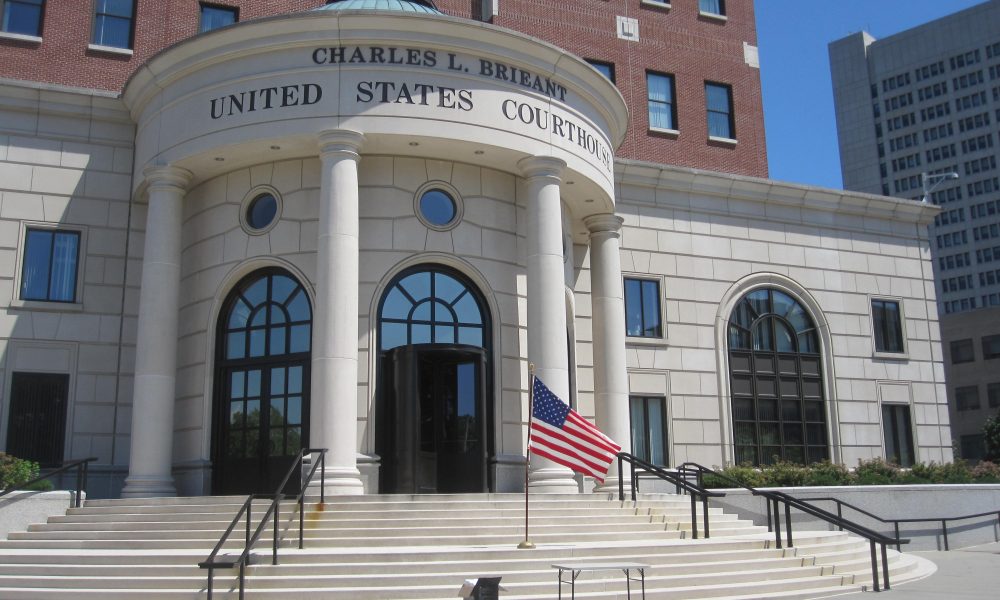Within a matter of minutes after American Airlines Flight 11 crashed into the North Tower on Sept. 11, 2001, emergency crews were on the scene. Hundreds of FDNY firefighters, EMTs, NYPD and PAPD police officers were streaming towards the World Trade Center, evacuating people as they poured out of the towers.
As civilians ran down the staircases, firefighters made their way up the stairs with nearly one hundred pounds of gear, tools and hoses to try to combat flames that were engulfing the upper floors.
102 minutes after being struck by flight 11, and 29 minutes after the South Tower collapsed, the North Tower fell. By noon a total of 2,977 people had been killed in New York City, Washington, DC and outside of Shanksville, Pennsylvania in the worst terrorist attack in U.S. history.
Years later, after the physical injuries healed, survivors faced symptoms of a new, more terrifying condition. The loss of so many friends and the continuous trauma that was 9/11 left many survivors with injuries that went deeper than skin and bone.
Dr. Benjamin Luft, a founding physician of the Long Island World Trade Center Health Program, has been treating responders of the 9/11 attacks since the weeks following the attacks.
“A group of us went down to Ground Zero and saw the massive response, but it also became apparent to us that there was a huge amount of toxins and that there was a lot of traumatization to those responding, by means of both physical and mental trauma,” Lust said.
After returning to Long Island, Lust and others created a free clinic to treat responders of the attacks. “We would see them regardless of their ability to pay. This was our way of responding to the attacks,” Lust remarked.
Of the 8,000 responders that the Health Program tracks, Lust estimates that about 20% suffer from “significant psychological issues as a result of 9/11.”
Numerous forms of psychological issues have been diagnosed, including: depression, severe anxiety and post-traumatic stress disorder (PTSD). PTSD is characterized by trouble sleeping, difficulty controlling anger, losing interest in activities, flashbacks, emotional numbness and/or other symptoms. If not treated, it can be debilitating.
According to a 2010 report from the New York City Department of Health and Mental Hygiene, PTSD “is the most common WTC-related health effect among exposed adults.”
Traumatic stress among first responders is not isolated to 9/11. According to the Trauma Center at the Justice Resource Institute: “first responders are routinely exposed to traumatic events in the course of their duties. As such, they are at increased risk for long-term problems from traumatic stress.”
In emergency services, especially the fire and emergency medical service(EMS), not only do responders have to deal with the same issues as society in general, but also the fact that they are exposed to events that involve trauma, death and loss on a regular basis throughout their career. These incidents can compound over time and can take a mental toll on a responder leading to what’s called burnout.
Burnout can present symptoms similar to those of clinical depression and stem from chronic occupational stress and work overload. Especially in EMS, EMTs are constantly forced into stressful situations on a moment’s notice, often entering a person’s life at their lowest and most stressful moments. Being exposed to repeated stress such as this can lead to burnout if not managed properly.
Psychological illness such as PTSD can go undiagnosed in professional responders. “In some ways the effects of traumatic stress can help a professional responder or soldier. While on the job, effects like hypervigilance can be a good thing,” Dr. Lust tells us. “Many times it isn’t until after a responder or soldier retires that that the symptoms become more pronounced. Hypervigilance is one thing on an emergency scene or battlefield but is something else at a backyard barbeque for instance. These people don’t go to the doctor for their insomnia or anger, they’ll attribute it to something benign, and it won’t be until they go to see a doctor and explain their symptoms that many will even realize they have PTSD.”
One of the biggest successes that has stemmed from the Long Island World Trade Center Health Program is a mind/body program where those suffering from PTSD can learn to control their memories.
“The responder’s memories don’t go away. 9/11 doesn’t go away,” Lust finished, “All we can do is help the responders and teach them to take charge of their memories, and by doing that, help them to heal.”




Comments are closed.